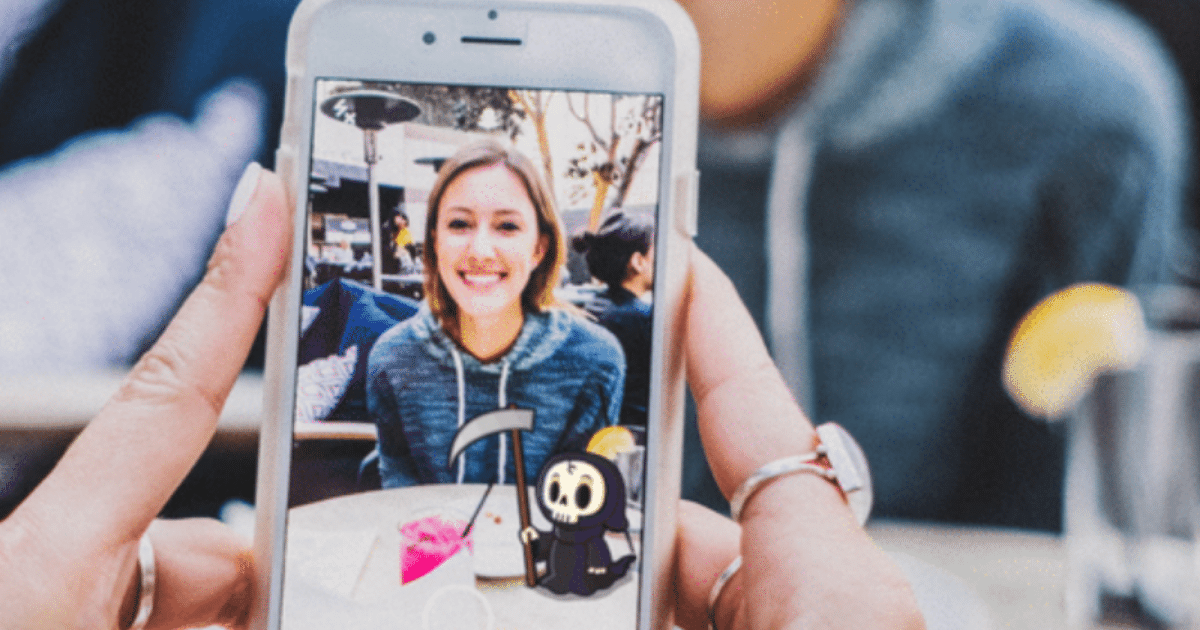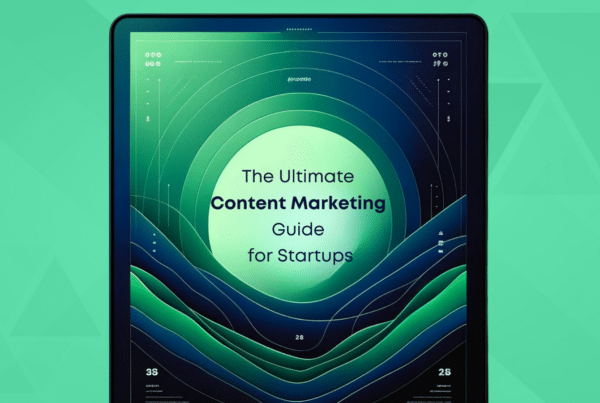
In 2018, brands are increasing their influencer marketing activity, both in frequency and spend. According to influencer platform Linqia, which surveyed 181 marketers, 39% say they are increasing their budgets.
Naturally, with this increase comes an evolution of the how influencers and marketers are engaging. A recent piece in Digiday spotlighted how contracts are evolving from “one-off agreements done over email, handshakes or phone calls,” to fully-baked legalese that includes things like licensing rights for likeness and content usage. Contracts are also shifting towards calling influencers “brand spokespeople” and even including morality clauses to hedge against the risk associated with engaging with a third party. Think Logan Paul.
While this ‘corporatization’ of influencer marketing is part of a natural evolution designed to help marketers reach their goals and reduce risk, another trend mentioned in the piece is more concerning. Brands are increasing inserting clauses that give them “the power to white-label all of an influencer’s accounts, allowing the agency to control the accounts and use its platform to determine how many fake followers an influencer might have.”
On the surface that makes sense. In some instances, influencers are being paid millions of dollars for their engagements — therefore — brands should be able to verify whether or not their money is being spent on bots or real people who can take action. However, we find ourselves teetering on a very sensitive seesaw here. Handing over full control of an account risks sullying what’s become one of the last of a dying breed of authentic and organic marketing strategies.
Influencer marketing, when done right, is effective for one reason: trust. People simply trust individuals more than they do brands. They trust that even if influencers are being paid by a brand for engagement, there’s an alignment with whatever product or service they are endorsing, and therefore, with their individual interests and desires. They follow the influencer because this alignment creates an implicit trust. Trust not only in the influencer, but in the following they’ve aggregated around them. Effectively, influencers create a network of trust, bonded by common interests, views, and desires.
So what happens when brands start meddling with the accounts of their influencers? What happens when they go from ensuring they aren’t full of bots, to deciding who “good” and “bad” followers are and completely scrubbing accounts to reflect those decisions. What happens when these actions start creating followings that resemble more of a Pleasantville than a culturally diverse and authentic ecosystem?
And with AI becoming a bigger part of influencer marketing, the risk is infinitely greater as bots and neural networks will surely do an excellent job of deleting followers who may have voiced a dissenting opinion through a social media post years ago, even if it poses no risk to the brand today.
If we aren’t careful, influencer marketing will become another glaring example of how brands and marketers abused their power and destroyed trust. These highly engaging and creative campaigns will be nothing more than an annoying and ignored display ad. We can only hope that brands err on the side of caution and authenticity. Sure, evolve the way you engage with influencers and use bots to help you along the way, but please, don’t create artificial followings.




